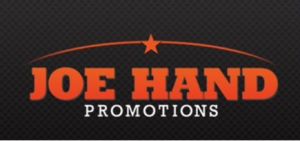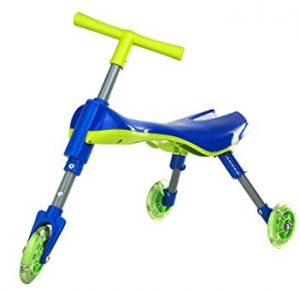Indianapolis, Indiana – Patent attorneys for Plaintiff Interactive Intelligence, Inc. of Indianapolis, Indiana filed a lawsuit for declaratory judgment in the Southern District of Indiana against Defendant Avaya, Inc. of Santa Clara, California. At issue in this litigation is the proper scope of a patent licensing agreement between Plaintiff and Defendant.
In 2002, Interactive and Avaya agreed to license patents covering Avaya’s “call center” products. In exchange for this license, Interactive agreed to pay Avaya a royalty based upon Interactive’s sales. The patents-in-suit, which have been issued by the U.S. Patent and Trademark Office are as follows: U.S. Patent Nos. 5,802,058; 5,982,873; 6,009,386; 6,052,460; 6,173,399; 6,192,050; 6,208,970; 6,389,132; 6,392,666; 6,535,601; 6,560,330; 6,636,598; 6,665,395; 6,754,331; 6,850,602; 6,925,166; 7,023,980; 7,215,760; 7,542,558; 7,685,102; 7,702,083; 7,990,899; 8,107,401; 8,379,819; 8,897,428; 9,049,291; and 9,154,629.
In this federal complaint, filed by Indiana patent lawyers, Interactive states that, since 2002, its revenue has expanded to include many sources other than call center software, including “hardware resales, software maintenance and support, training, [and] subscription services for cloud based hosting.” It also contends that a “sizeable portion” of its revenue now comes from business outside of the United States.
Interactive claims that Avaya has misused its patents and misconstrued the agreement to require Interactive to pay royalties based on Interactive’s “global sales.” It argues that sales that are outside of the scope of Avaya’s patents, as well as at least some of its foreign sales, should not be subject to a royalty under the agreement. Interactive further asserts that Avaya’s “threats of potential patent infringement litigation resulted in Interactive paying significantly more than $1,000,000 in excess payments” under the agreement.
This lawsuit seeks a declaration of patent misuse by Avaya, as well as a declaration that Interactive does not infringe any of the patents asserted by Avaya. Interactive also seeks restitution and/or damages, costs and attorneys’ fees.
Continue reading
 Indianapolis, New Albany Division, Indiana – Joe Hand Promotions, Inc. (“Joe Hand’), the Plaintiff, claims to specialize in licensing premier sporting events to commercial establishments including bars, restaurants, and other similar locations. Those premier sporting events apparently included the Floyd Mayweather, Jr. vs. Conor McGregor boxing match on August 26, 2017 (the “Program”) that was purportedly registered under U.S. Copyright No. PA 2-006-333. According to the Complaint, Defendants, Lena Marie Smith and Main Street Bar N Grill, LLC (“Defendants”), avoided paying the proper commercial licensing fees and publicly exhibited the Program at their establishment.
Indianapolis, New Albany Division, Indiana – Joe Hand Promotions, Inc. (“Joe Hand’), the Plaintiff, claims to specialize in licensing premier sporting events to commercial establishments including bars, restaurants, and other similar locations. Those premier sporting events apparently included the Floyd Mayweather, Jr. vs. Conor McGregor boxing match on August 26, 2017 (the “Program”) that was purportedly registered under U.S. Copyright No. PA 2-006-333. According to the Complaint, Defendants, Lena Marie Smith and Main Street Bar N Grill, LLC (“Defendants”), avoided paying the proper commercial licensing fees and publicly exhibited the Program at their establishment. Indiana Intellectual Property Law News
Indiana Intellectual Property Law News







